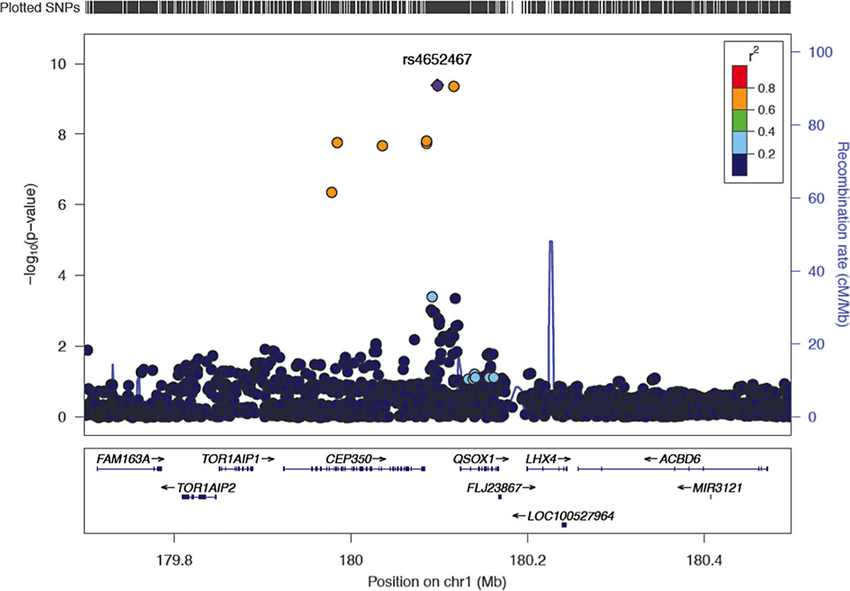Jose Florez and his group have contributed to the performance and analysis of high-throughput genomic studies in type 2 diabetes and related traits in several international consortia such as MAGIC, […]
Jose C. Florez


Jose Florez and his group have contributed to the performance and analysis of high-throughput genomic studies in type 2 diabetes and related traits in several international consortia such as MAGIC, […]

Florian Eichler, a neurologist, leverages the biology of single gene disorders affecting the nervous system to develop treatments for leukodystrophies and hereditary neuropathies. Among his scientific contributions, Dr. Eichler has […]

Dr. Grishchuk obtained her Ph.D. in Molecular Biology from Engelhardt Institute of Molecular Biology in Moscow, Russia. During her post-doctoral training at the Brain Mind Institute, EPFL, and University of […]

Dr. Stephen J. Haggarty is an Associate Professor of Neurology at Harvard Medical School, an Associate Neuroscientist at Massachusetts General Hospital, and Director of the MGH Chemical Neurobiology Laboratory. Dr. […]

Dr. Karmacharya is working at the intersection of chemical biology and stem cell biology to investigate the cellular-molecular underpinnings of schizophrenia and bipolar disorder. He received an A.B. in Biochemistry […]

Sekar Kathiresan, a physician scientist and a human geneticist, leverages human genetics to understand the root causes of heart attack and to improve preventive cardiac care. Among his scientific contributions, […]

Taylor Kimberly is a stroke and critical care neurologist in the Department of Neurology. Dr. Kimberly’s research group studies metabolomic and neuroimaging biomarkers of stroke and cerebral edema. The overarching […]

Dr. Anderson is a Neurocritical Care physician with research expertise in the medical genetics of complex diseases, specifically ischemic and hemorrhagic stroke. His career research goal is to use computational, […]

Nat Genet. 2016 Aug;48(8):856-66. doi: 10.1038/ng.3598. Epub 2016 Jun 20.
Migraine is a debilitating neurological disorder affecting around one in seven people worldwide, but its molecular mechanisms remain poorly understood. There is some debate about whether migraine is a disease of vascular dysfunction or a result of neuronal dysfunction with secondary vascular changes. Genome-wide association (GWA) studies have thus far identified 13 independent loci associated with migraine. To identify new susceptibility loci, we carried out a genetic study of migraine on 59,674 affected subjects and 316,078 controls from 22 GWA studies. We identified 44 independent single-nucleotide polymorphisms (SNPs) significantly associated with migraine risk (P < 5 × 10(-8)) that mapped to 38 distinct genomic loci, including 28 loci not previously reported and a locus that to our knowledge is the first to be identified on chromosome X. In subsequent computational analyses, the identified loci showed enrichment for genes expressed in vascular and smooth muscle tissues, consistent with a predominant theory of migraine that highlights vascular etiologies.
ng.3598-palotie.pdf
Depress Anxiety. 2016 Apr;33(4):265-80. doi: 10.1002/da.22484.
Genome-wide association studies (GWAS) have made little progress in identifying variants linked to depression. We hypothesized that examining depressive symptoms and considering gene-environment interaction (GxE) might improve efficiency for gene discovery. We therefore conducted a GWAS and genome-wide by environment interaction study (GWEIS) of depressive symptoms. Our results underscore the need for larger samples, more GEWIS, and greater investigation into genetic and environmental determinants of depressive symptoms in minorities.
Dunn-2016-Dep-Anx-GWAS-GWEIS-depressive-symptoms.pdf